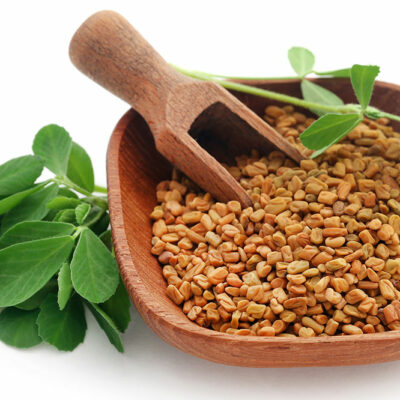
4 Foods That Help Manage ADHD
Medicines To Treat ADHD
Attention deficit/hyperactivity disorder (ADHD) is a very common neurodevelopmental disorder of childhood. Symptoms attributed include: daydreaming often, forgetting or losing things a lot, squirming or fidgeting, talking too much, making careless mistakes or risks, unable or difficult to resist temptation, and more. ADHD risk factors include premature birth, brain injury, low birth weight, exposure to environmental risks (e.g. lead) during pregnancy or early childhood, and alcohol or tobacco use during pregnancy.
Treatment often includes a combination of behavior therapy and medication. For example, your doctor may prescribe medications such as Concerta, Adderall, Methylphenidate ER, Quillivant XR, Dyanavel XR, or Lisdexamfetamine Dimesylate to help with symptom management. Additionally, your doctor may also recommend a change in diet to further help manage ADHD. Here are 4 types of foods that help manage ADHD:
1. High protein foods
Meat, soy, eggs, beans, nuts, oh my! These foods are examples of high protein foods that you can easily incorporate into your diet. Not only does protein help maintain feelings of fullness and prevent spikes in blood sugar levels, a high-protein diet can also enhance mood, attention, and alertness. What’s more, protein might help your ADHD medication work longer.
2. Complex carbohydrates
Complex carbs can be found in many foods, for example: oatmeal, brown rice, barley, peas, and lentils. By adding these complex carbs into your diet, you lower the risk of a blood sugar spike and keep you full for longer which, in turn, improves your focus, attention, and sleep. Additionally, by eating complex carbs as opposed to simple carbs (white bread, candy, baked goods, soda, etc.), you may reduce specific ADHD symptoms.
3. Omega-3 fatty acids
Next time you’re shopping for groceries, throw some tuna, salmon, soybeans, walnuts, flaxseeds, and avocados into your cart to stock up on omega-3 fatty acids. By consuming these foods, you can improve hyperactivity, impulsivity, and attention symptoms. If you don’t enjoy any of the above mentioned foods, you can also take omega-3 as a daily supplement.
4. Fruits and vegetables
With the consumption of fruits and vegetables, like broccoli, apples, kiwi, berries, carrots, eggplant, etc., it has been found that symptoms of inattention can improve. It is recommended that the average adult consumes 1.5-2 cups of fruits and 2-3 cups of vegetables per day.


